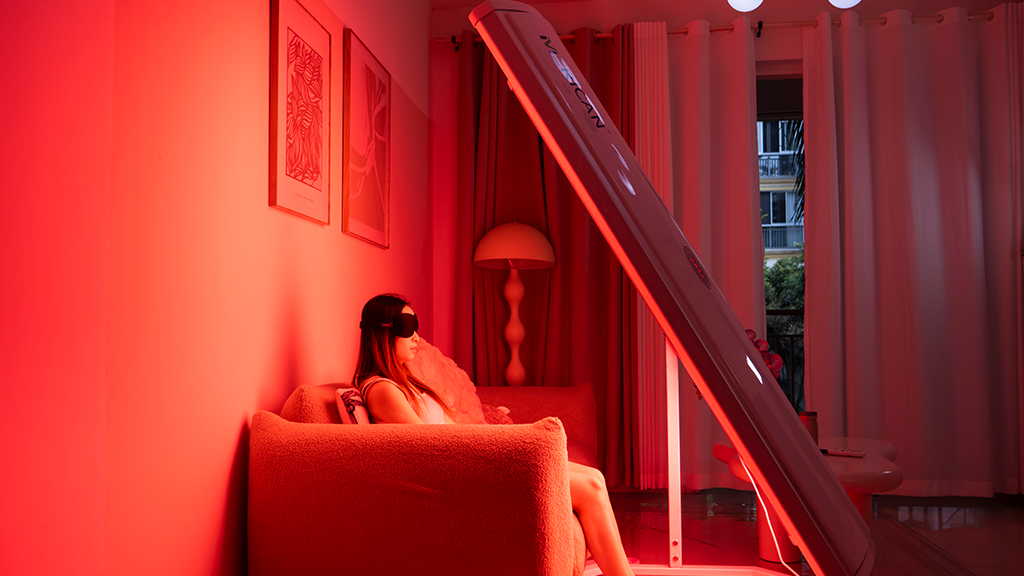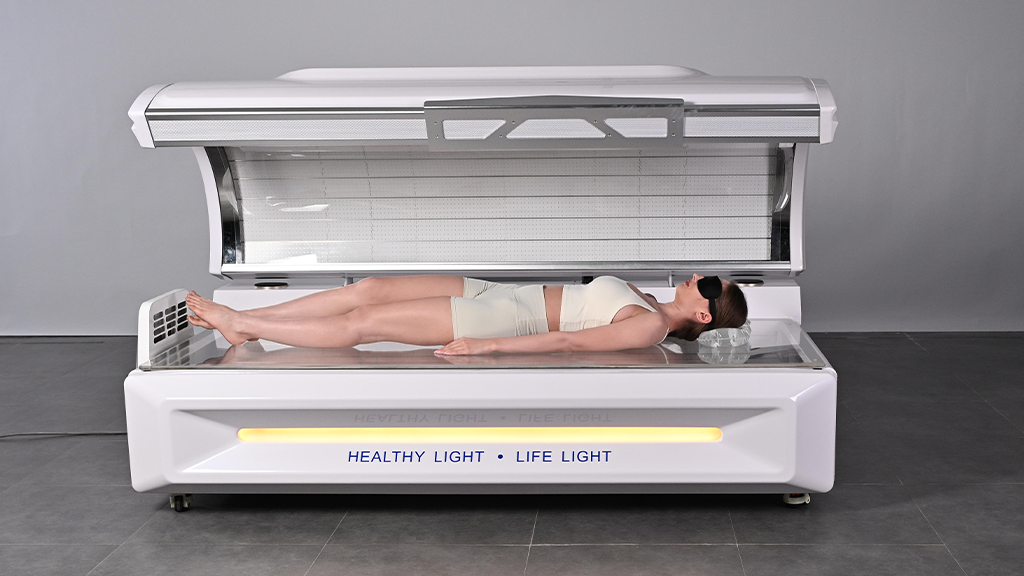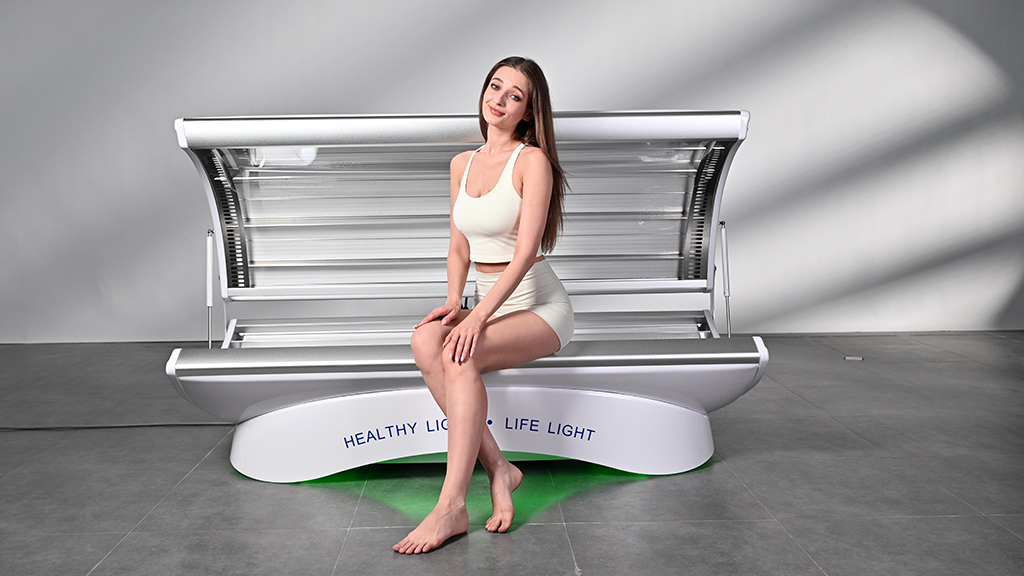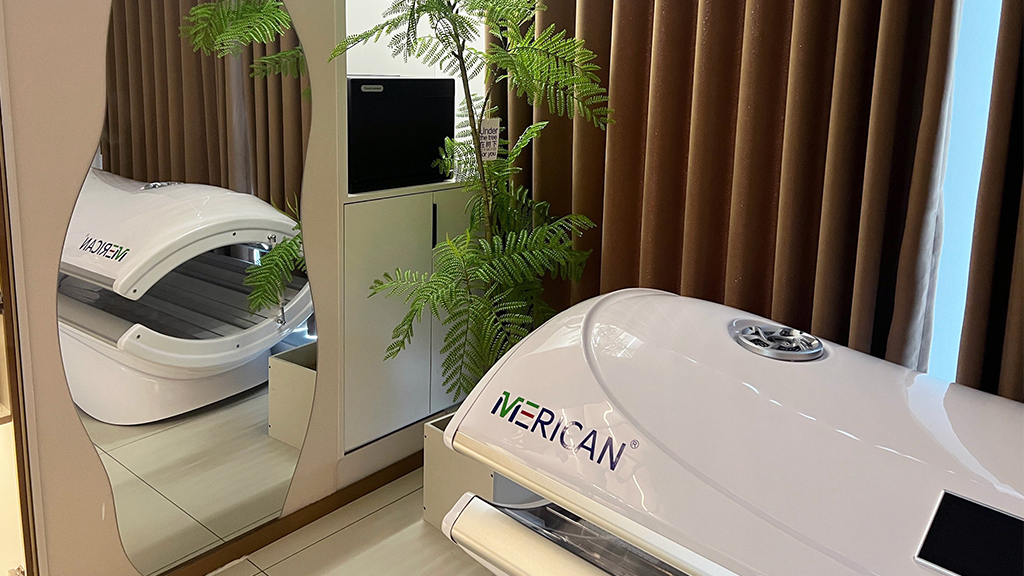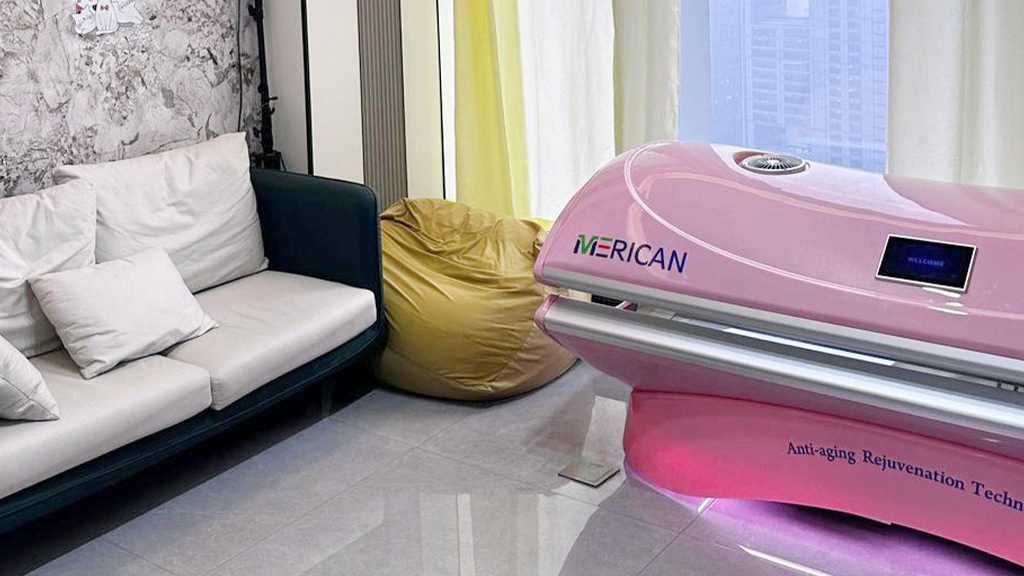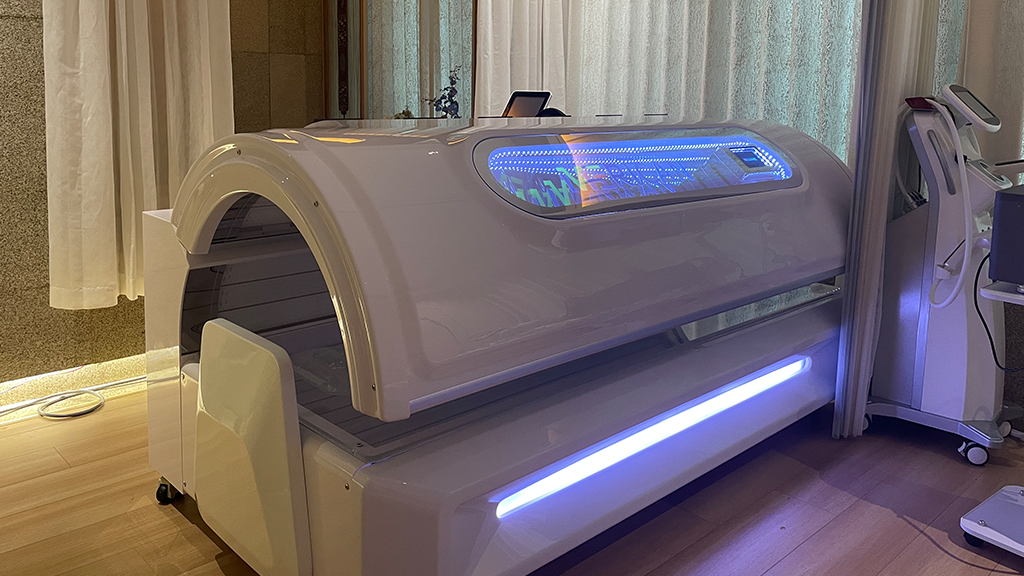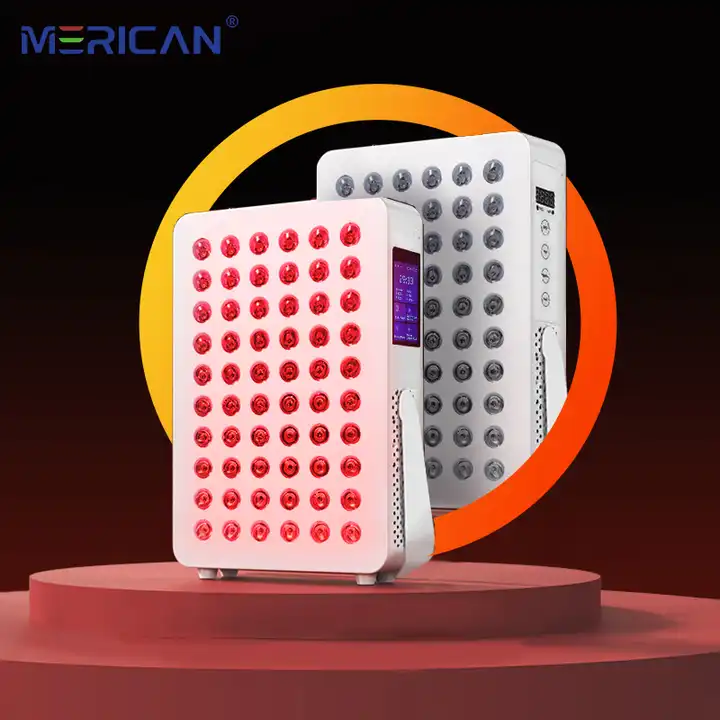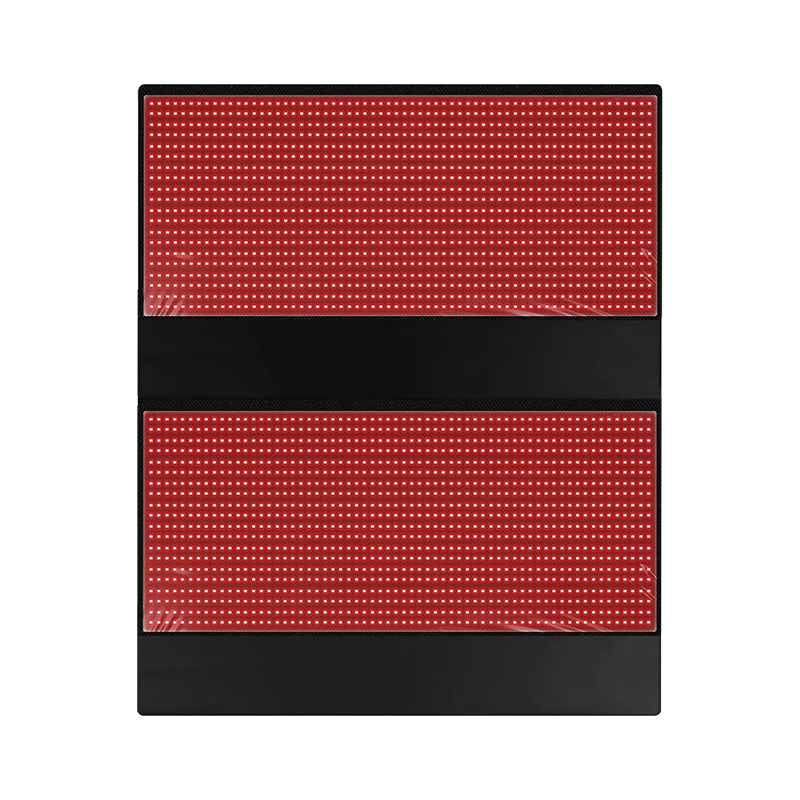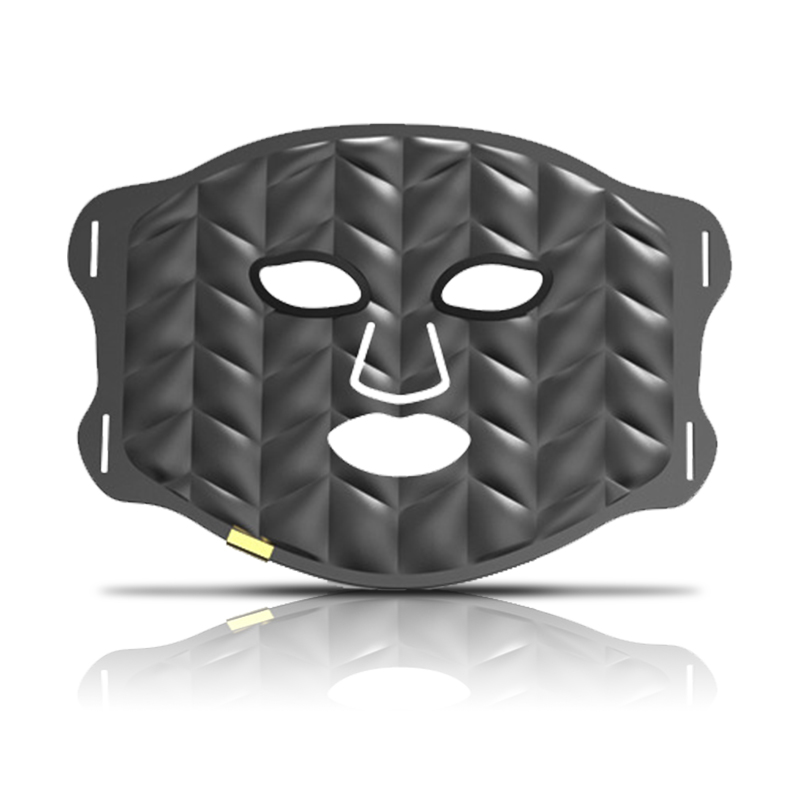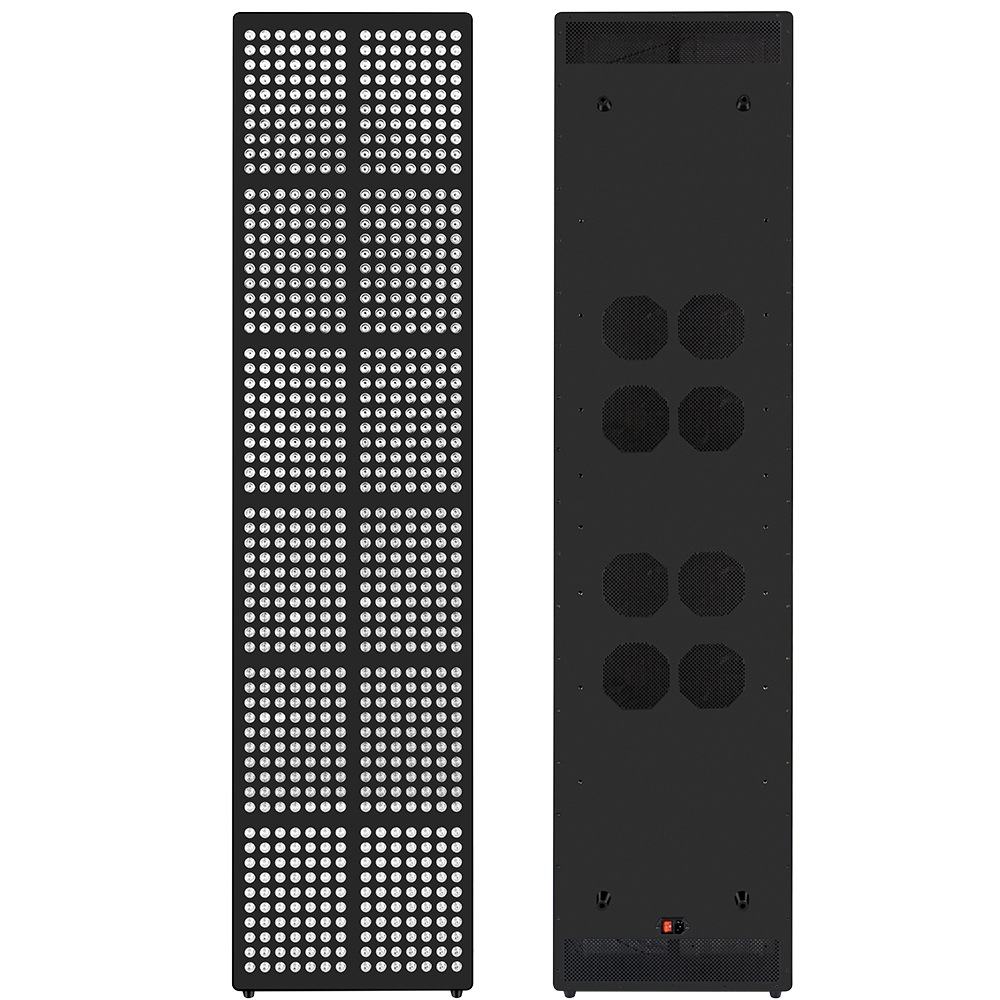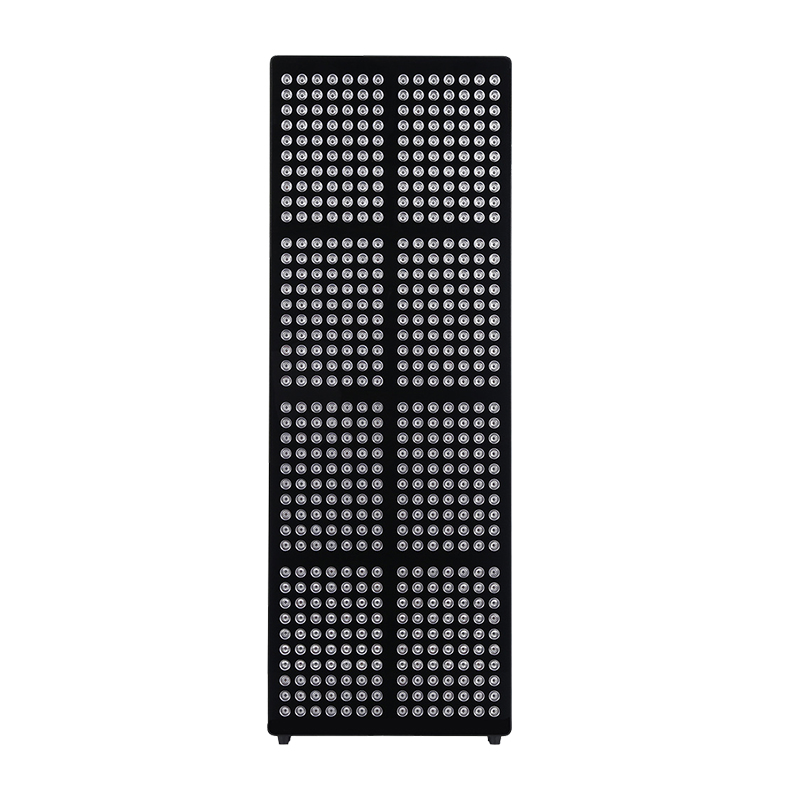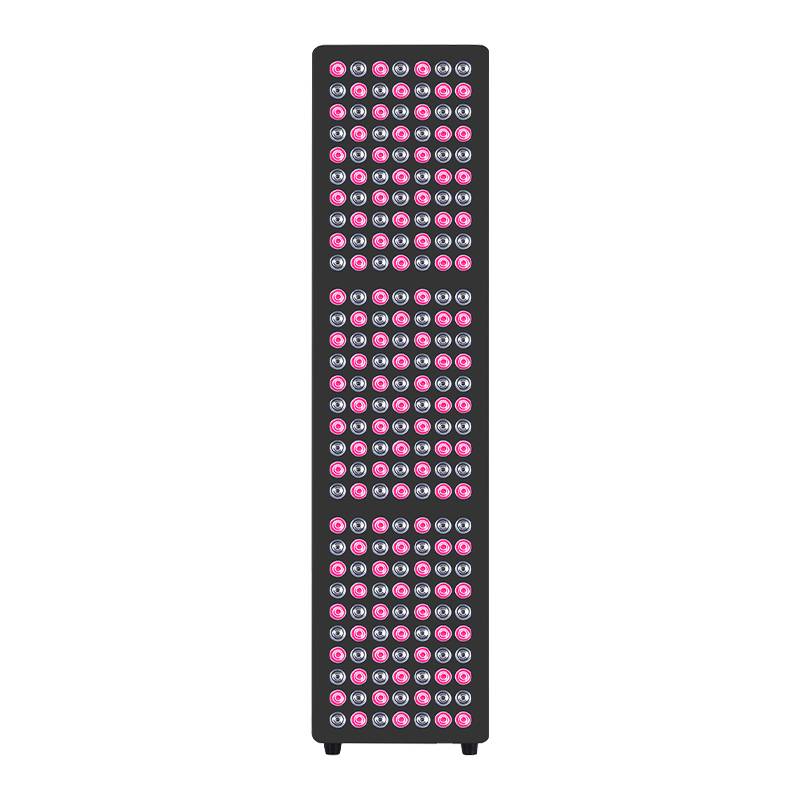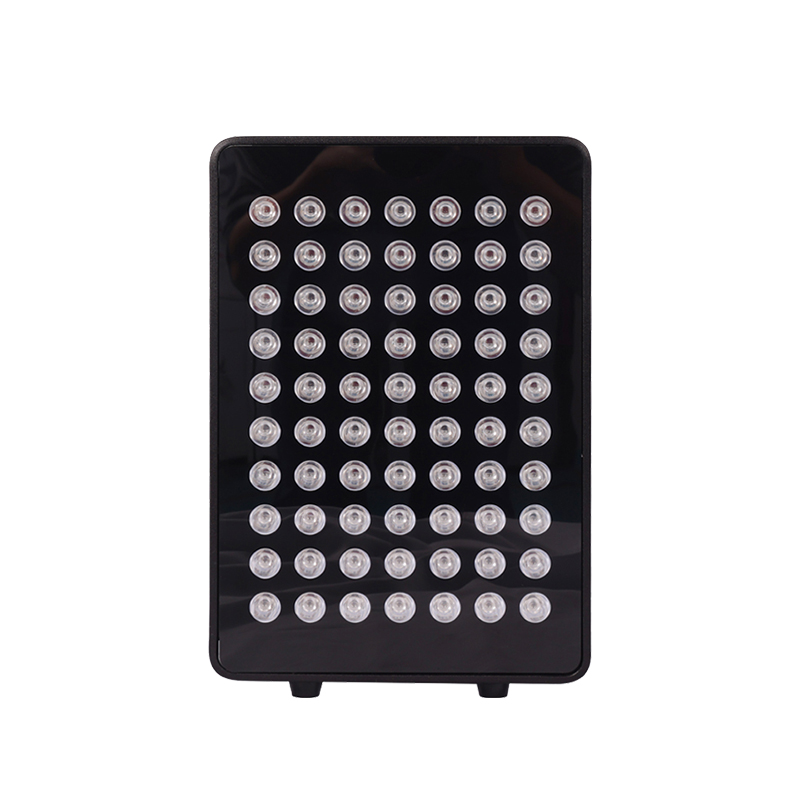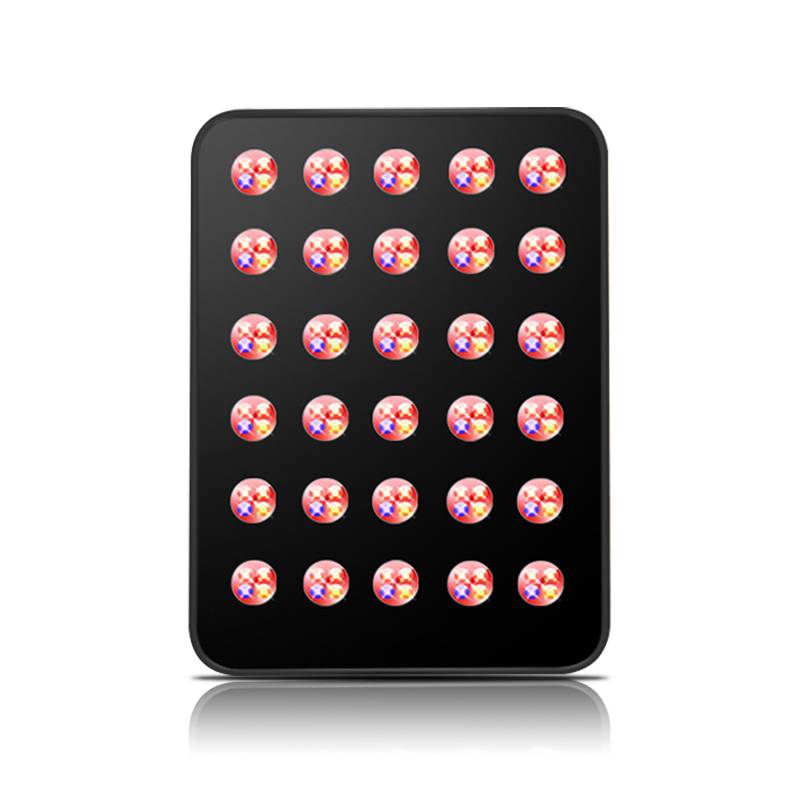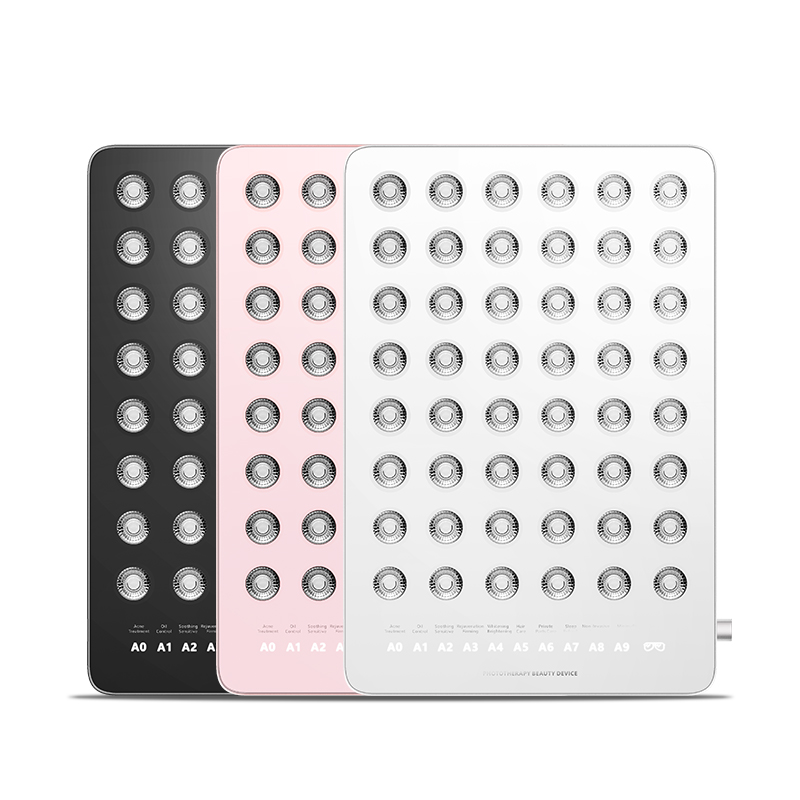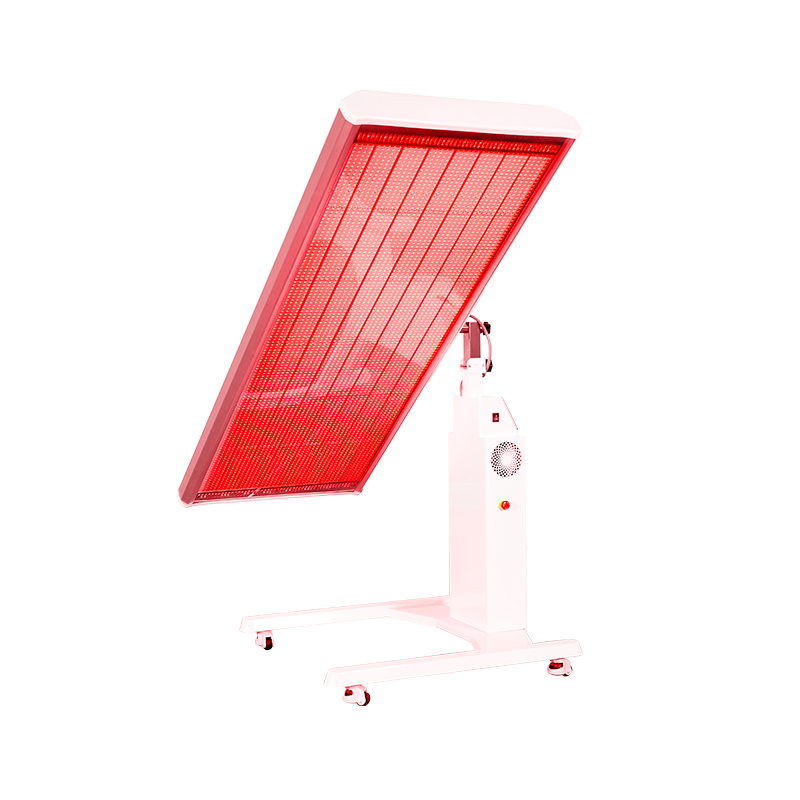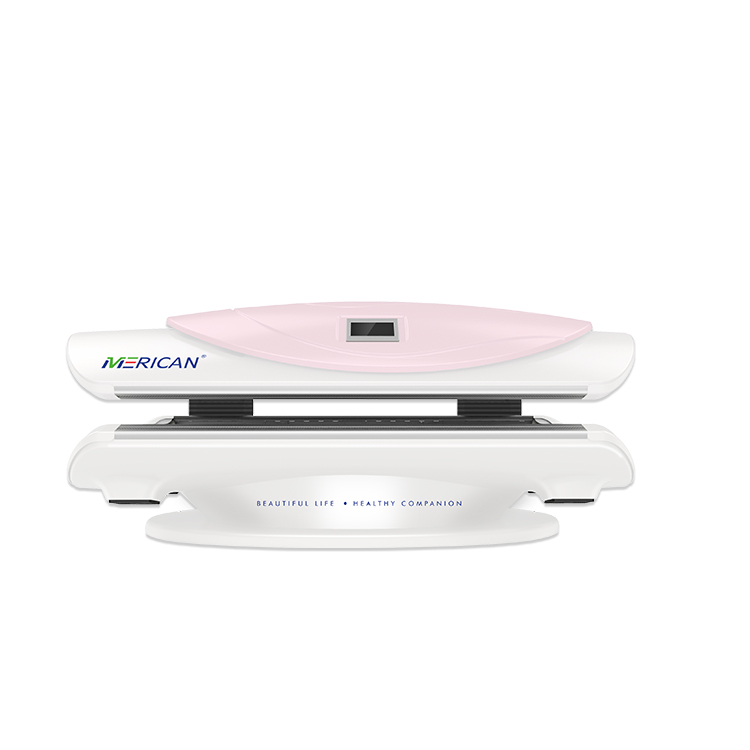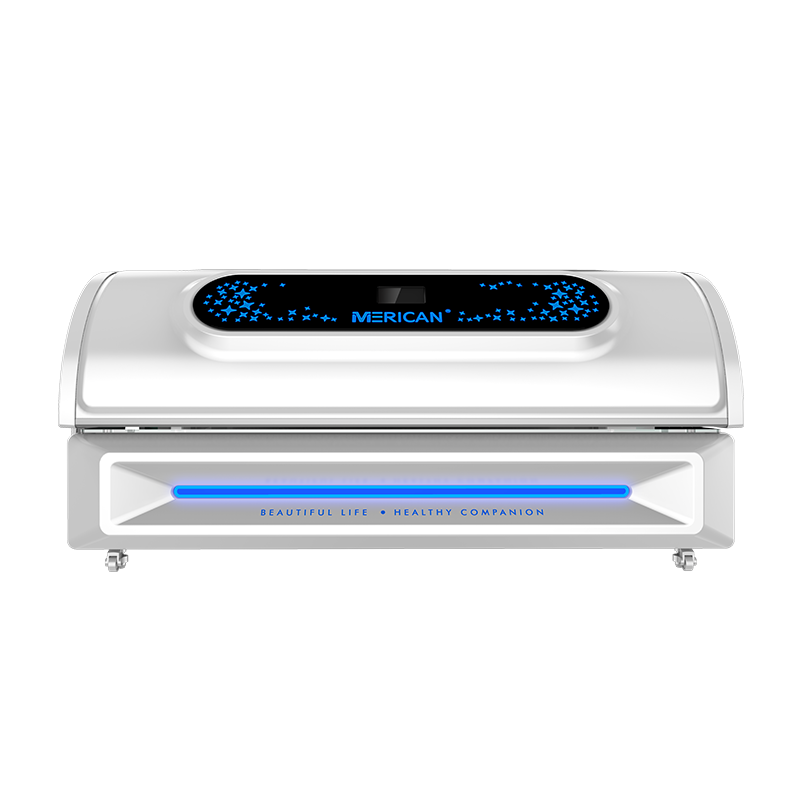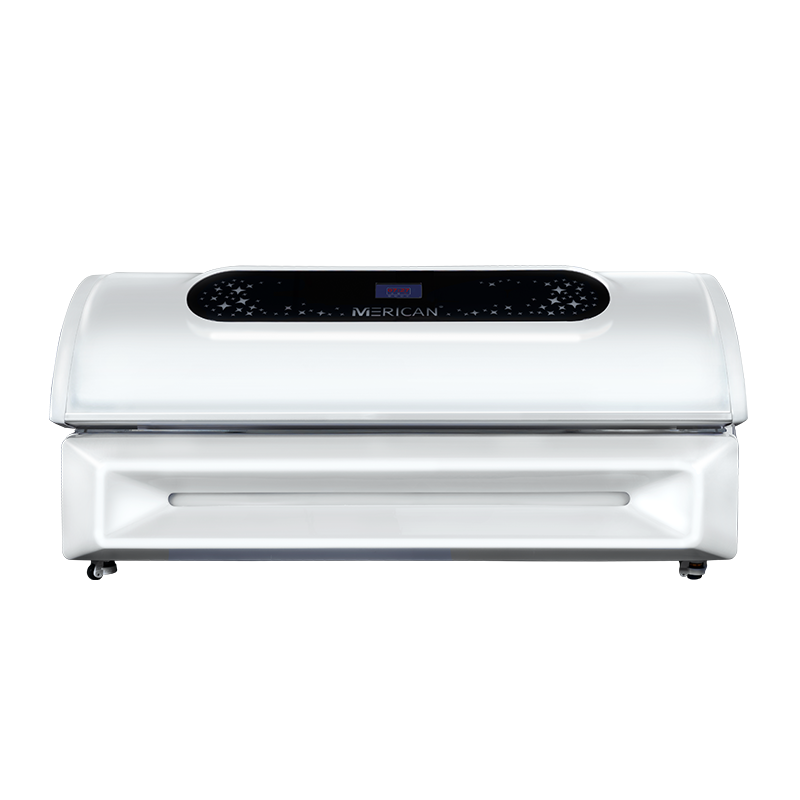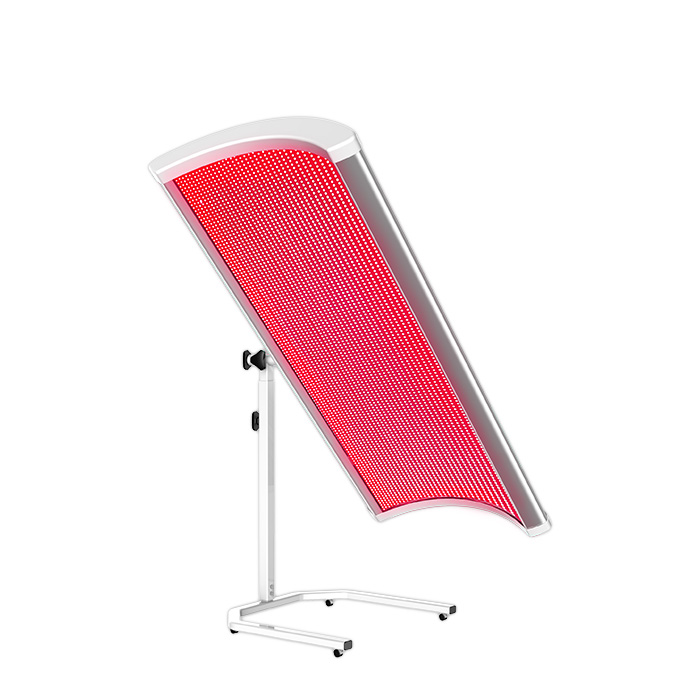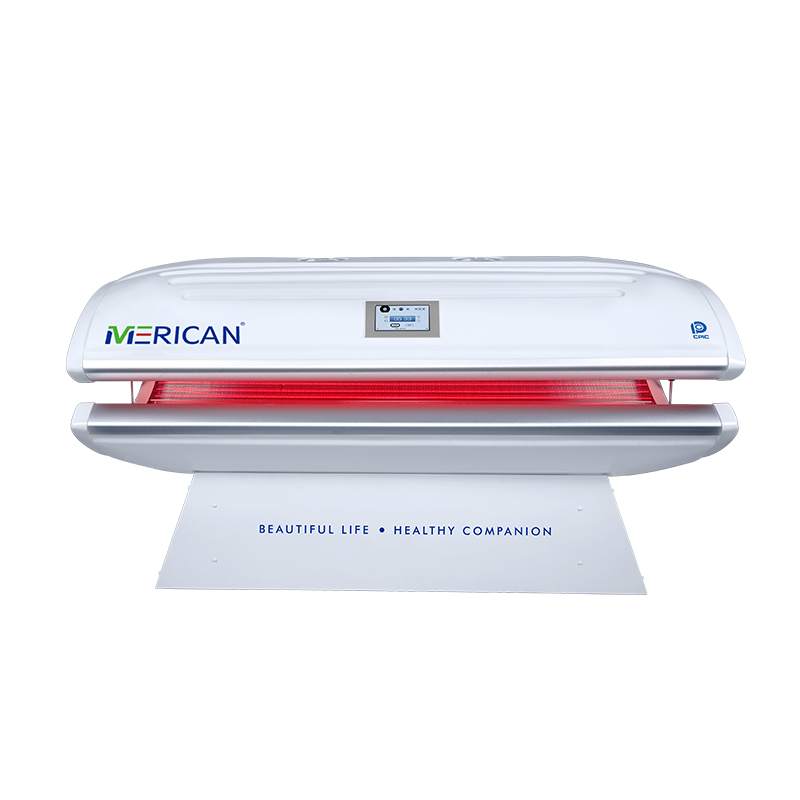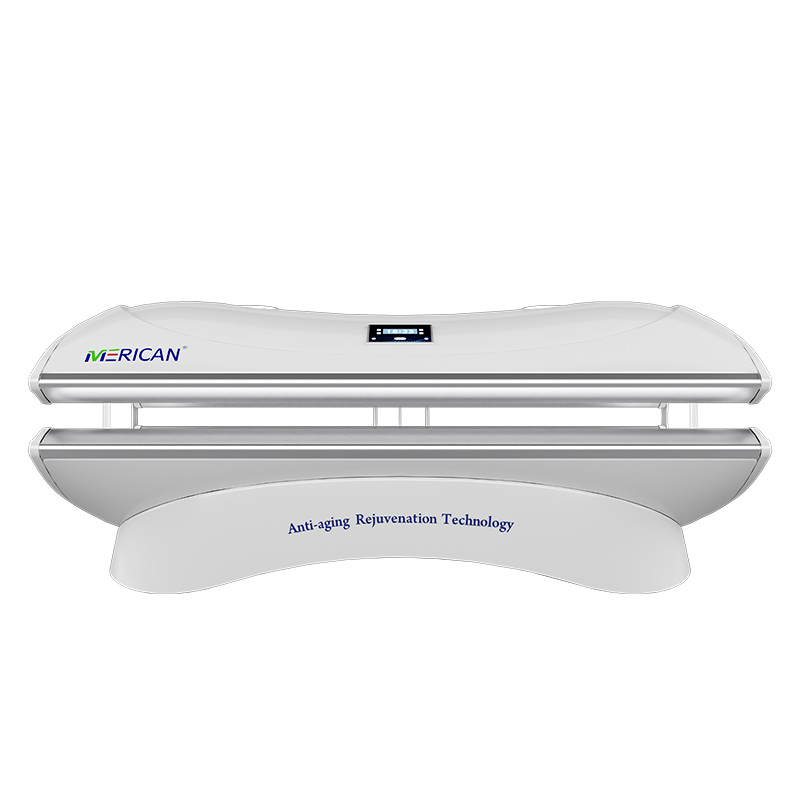Eczema, also known as atopic dermatitis, is a chronic skin condition that causes inflammation, redness, itching, and dryness. Affecting millions of people worldwide, eczema can significantly reduce quality of life and be difficult to manage with conventional treatments alone. In recent years, red light therapy (RLT) has emerged as a promising alternative or complementary treatment. But how effective is it for eczema?
Let’s explore how red light therapy works and its potential role in managing eczema symptoms.
What Is Red Light Therapy?
Red light therapy uses low-level wavelengths of light—typically between 630nm and 850nm—to penetrate the skin and stimulate cellular activity. It’s a painless, non-invasive therapy that encourages healing, reduces inflammation, and promotes collagen production.
This form of therapy is commonly used in dermatology for:
- Skin rejuvenation
- Wound healing
- Acne treatment
- Psoriasis and rosacea
- Joint pain and inflammation
How Red Light Therapy May Help Eczema
1. Reduces Inflammation
Inflammation is at the core of eczema flare-ups. Red light therapy helps calm the immune response by reducing inflammatory cytokines and oxidative stress in skin cells. This can relieve redness, swelling, and itching.
2. Strengthens Skin Barrier Function
RLT supports the health of skin cells and improves blood circulation, which may help restore the skin’s natural barrier. A healthy barrier prevents moisture loss and blocks irritants—both crucial in managing eczema.
3. Promotes Healing and Tissue Repair
By stimulating ATP (cellular energy) production and collagen synthesis, red light therapy accelerates tissue repair. This can help heal cracked, flaky, or irritated skin faster and reduce the chances of secondary infections.
4. May Reduce Itching (Pruritus)
Early research suggests that red and near-infrared light can help calm nerve activity and reduce itching, one of the most distressing eczema symptoms.
What Does the Research Say?
Although more large-scale human studies are needed, early clinical evidence is encouraging:
- A 2013 study showed that red light therapy significantly reduced itching, scaling, and skin thickening in patients with atopic dermatitis after several sessions.
- A 2021 review noted that low-level light therapy could modulate inflammatory responses and improve skin integrity in inflammatory skin diseases.
- Dermatologists have reported successful use of RLT as a complementary treatment for eczema, especially in mild to moderate cases.
How to Use Red Light Therapy for Eczema
- Wavelengths: 630–660nm (red light) and 810–850nm (near-infrared)
- Treatment Time: 10–20 minutes per session
- Frequency: 3–5 times per week for best results
- Application: Direct the light at affected areas, keeping the device a few inches from the skin
- Device: Use a medical-grade red light panel or handheld device that targets the desired wavelengths
⚠️ Always check with your dermatologist before beginning any at-home light therapy, especially if you are using prescription creams or steroids.
What to Expect: Before and After
| Before RLT | After Regular RLT Use (4–8 Weeks) |
|---|---|
| Red, inflamed patches | Reduced redness and swelling |
| Constant itching | Less itching and irritation |
| Cracked, flaky skin | Smoother, more hydrated appearance |
| Frequent flare-ups | Longer periods of remission |
Results vary by individual, but consistency is key. RLT works best when used regularly over time and in combination with proper skincare and medical guidance.
Final Thoughts
Red light therapy offers a gentle, drug-free way to manage eczema symptoms and support skin health. While it’s not a cure, it may significantly reduce discomfort and improve skin appearance, making it a valuable part of an eczema care routine.
If you’re seeking a non-invasive solution to complement your current treatment, red light therapy is worth exploring—safely, consistently, and under professional guidance.

